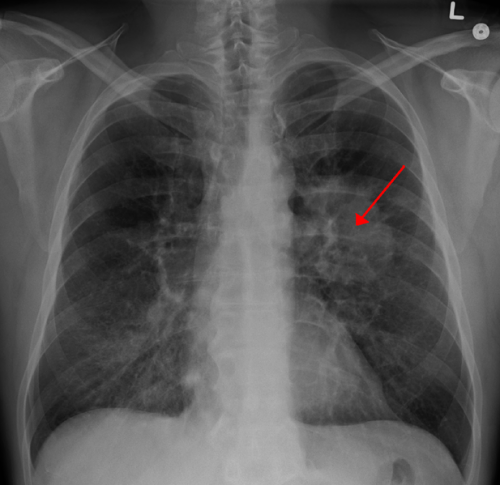COVID-19 pandemic significantly reduced lung cancer clinical trial enrollment

Enrollment in lung cancer clinical trials declined 14 percent during the COVID-19 pandemic, according to research published in the Journal of Thoracic Oncology, the official journal of the International Association for the Study of Lung Cancer.
To assess the impact COVID-19 had on 294 lung cancer clinical trials, the IASLC collected monthly enrollment data and issued a 64-question survey to international clinical trial sites, which included government and regulatory agencies, industry sponsors, and investigators from 45 countries.
"Clinical trial enrollment declined by 14 percent from 2019 to 2020, with the most dramatic decrease in April to August of 2020," reported Matthew Smeltzer, Ph.D., University of Memphis, Memphis, Tenn. "Although monthly COVID-19 cases increased consistently for all of 2020, trial sites implemented mitigation strategies, and the Impact of COVID-19 on trial enrollment was significantly less in October to December compared with April to June of 2020."
The most frequent challenges identified by the Action Survey (N=173) were fewer eligible patients (63 percent), decrease in protocol compliance (56 percent), and suspension of trials (54 percent). Patient-specific challenges included access to trial site (49 percent), ability to travel (54 percent), and willingness to visit site (59 percent).
"Patient concerns included fear of COVID-19 infection (83 percent), securing transportation (38 percent), travel restrictions (50 percent), and lab/radiology access (16 percent)," Dr. Smeltzer said.
The most frequent mitigation strategies included modified monitoring requirements (47 percent), telehealth visits (45 percent), modified required visits (25 percent), mail-order medications (25 percent), and laboratory (27 percent) and radiology (21 percent) tests at non-study facilities. Sites felt the most effective mitigation strategies were telehealth visits (85 percent), remote patient reported symptom collection (85 percent), off-site procedures (85 percent), and remote consenting (89 percent).
"The COVID-19 pandemic created many challenges causing reductions in lung cancer clinical trial enrollment. Mitigation strategies were employed and, even though the pandemic worsened, trial enrollment began to improve. A more flexible approach—removing unnecessary barriers—may improve enrollment and access to clinical trials, even beyond the pandemic," Dr. Smeltzer said.



















